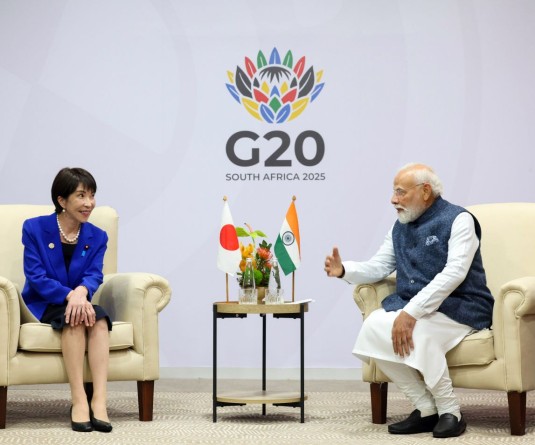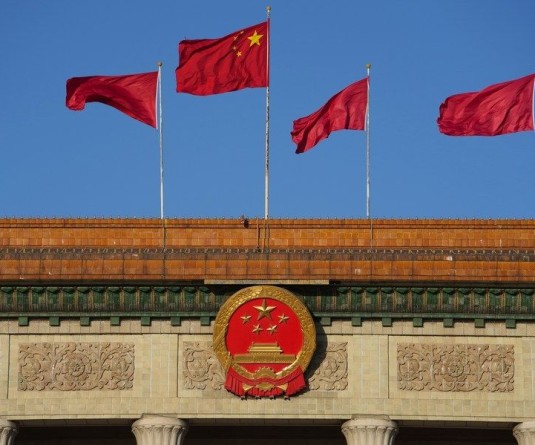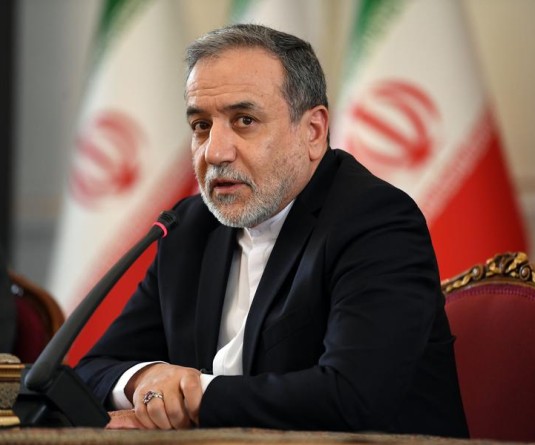IANS Photo

Beijing/Taipei, May 23 (IANS/DPA) Three days after the inauguration of Taiwan's new president, China has begun a major military exercise apparently to simulate a blockade around the island.
"This is also a severe punishment for the separatist forces of Taiwan independence and a serious warning against interference and provocation by outside forces," Chinese naval Colonel Li Xi said on Thursday.
The Taiwanese Defence Ministry said that it had detected at least 15 Chinese navy vessels, 16 Chinese coastguard ships, and more than 40 warplanes around the island.
More than 30 Chinese military aircraft were spotted crossing the median line of the Taiwan Strait.
Major General Wu I-sheng told a news conference late Thursday that China’s actions had violated the UN Charter on the threat or use of force against the territorial integrity or political independence of another state.
“We urge them to immediately stop provocations in order to avoid increasing the risk of military misjudgement,” Wu said.
The exercises are due to last until Friday and could be the largest in around a year.
Military expert Zhang Chi said on Chinese state television that China was simulating a blockade of Taiwan.
The army wanted to practise stopping energy imports to Taiwan, cutting off escape routes for Taiwan's politicians abroad and blocking support from Taiwan's foreign allies such as the US, he said.
Ships and aircraft are expected to approach Taiwan from the north and south for "patrols" and also come close to several islands, such as the Taiwan-controlled island of Kinmen, which is located just a few kilometres from the southeastern Chinese city of Xiamen.
Taiwan's Defence Ministry on Thursday said Taiwan had dispatched sea, air and ground forces in order to defend Taiwan's sovereignty, and protect freedom and democracy.
China regards Taiwan as part of the People's Republic and has repeatedly threatened to invade it in the past. It has warned other countries, notably the US, to stop supporting Taiwan, regarding this as interference in China's domestic affairs.
Democratic Taiwan, with around 24 million inhabitants, has had an independent government since 1949.
Tensions across the Taiwan Strait have risen since the elections that installed Lai Ching-te of Taiwan's ruling Democratic Progressive Party (DPP) as president.
He was sworn in as president on Monday and used his inaugural address to urge Beijing to cease its political and military intimidation.
"It is regrettable to see China's unilateral military provocations threatening Taiwan's democracy and freedom as well as regional peace and stability," presidential spokeswoman Kuo Ya-hui said on Thursday.
The Chinese Communist Party (CCP) considers the DPP to be a separatist organization and has threatened to invade Taiwan if the party makes any formal moves towards independence.
Po Horng-huei, Taiwan's deputy defence minister, told a news conference on Thursday that China this time did not delineate no-navigation and no-fly zones or areas where ballistic missiles would fire.
Po said that the main goal of China's drills this time is to try and show that "they have control over the region." The manoeuvres "alter regional stability," he said.
"Our military forces prepare for war without seeking war. We do not escalate conflicts or cause trouble," Po said.






